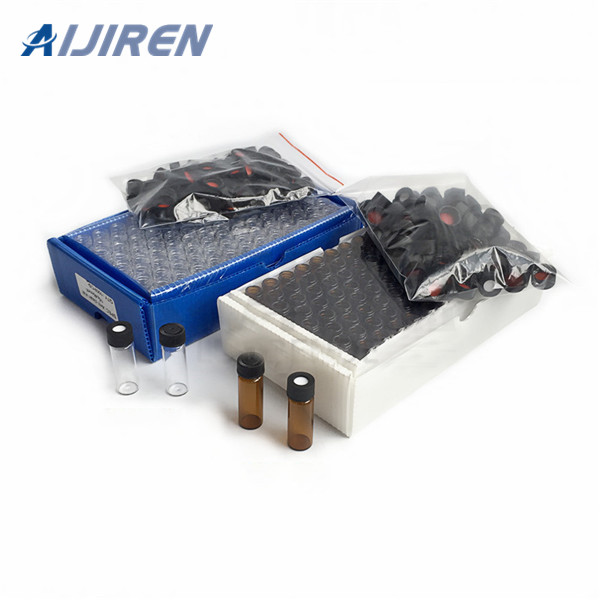Harder grade of rubber for use with piercing needle. Most popular and economical septa for general GC purposes in Aijiren systems Pre-slit PTFE/red rubber – 8RT1X Pre-slit, high quality red rubber with a thin (0.003") layer PTFE. For applications using a very thin-gauge syringe needle or in instances when a vacuum may form in the vial

Aijiren Lab solutions for high- and ultrahigh-performance liquid chromatography include instruments, columns, and supplies to help your lab achieve highest operational efficiency. From routine analysis to cutting-edge research, the Lab LC Series offers the broadest portfolio of HPLC and UHPLC solutions for any application and
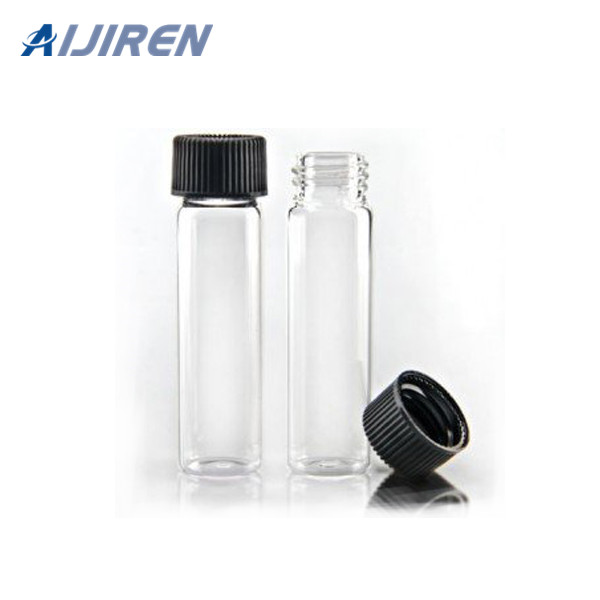
Aijiren II LC. Table 2. Chromatographic conditions for gradient Aijiren II LC. Table 1. Chromatographic conditions for isocratic Aijiren II LC. Parameter Value Mobile Phase Water/acetonitrile, 35:65 (v/v) Flow Rate 1.5 mL/min Stop Time 20 min Injection Volume 5 µL Column and Sample Temperature Ambient
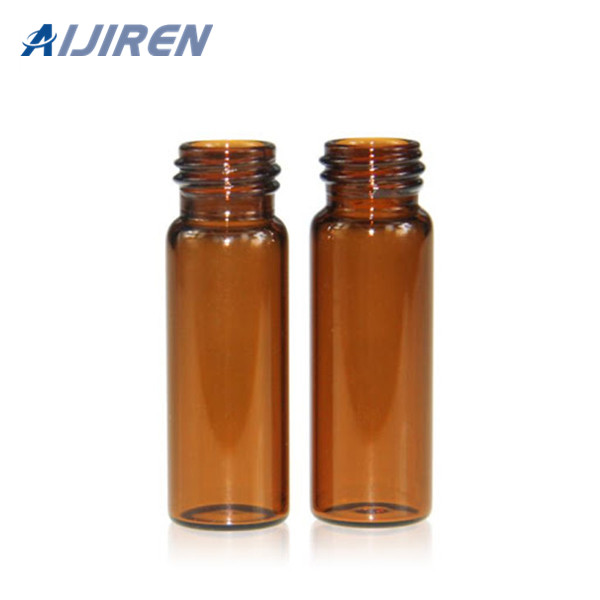
Aijiren offers a wide range of handheld manual and electronic vial crimpers and decappers designed for standard 11 mm crimp caps (2 mL vials) and headspace 20 mm crimp caps (10 mL and 20 mL headspace vials). Handheld electronic vial crimpers deliver tight, reproducible seals every time; slim, adjustable steel jaws fit around closely spaced vials.
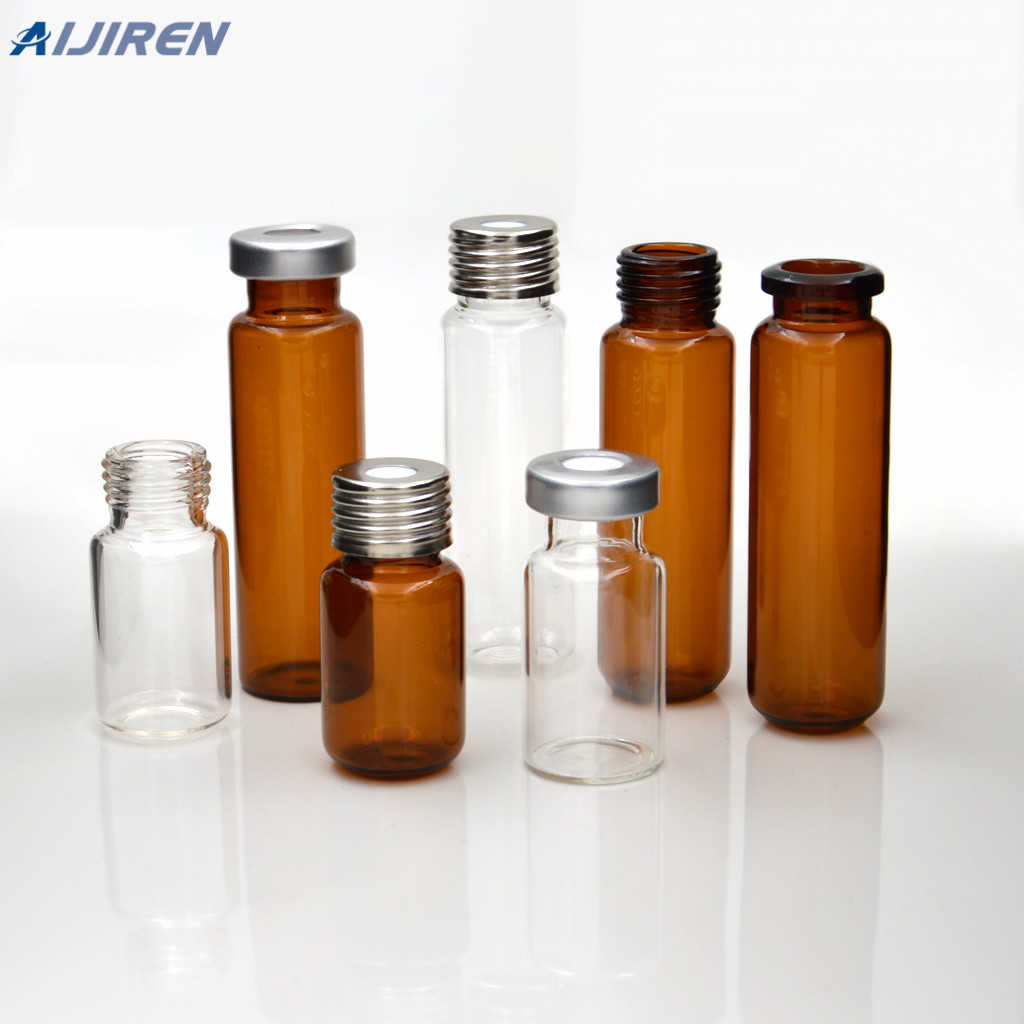
– Column inlet: Aijiren Lab Quick Connect LC fitting (part number 5067-5965) – Column outlet: Aijiren Lab Quick Turn LC fitting (part number 5067-5966) – Aijiren vial, screw top, amber, write on spot, certified, 2 mL (part number ) – Aijiren bonded screw cap, bonded blue, PTFE/red silicone septa
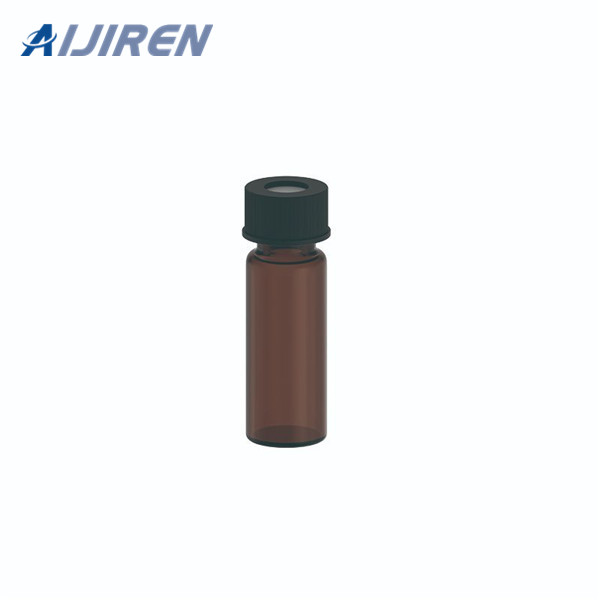
Aijiren vials and caps provide simple ways to boost laboratory productivity and return on investment. Aijiren premium certified vials, caps, high recovery vials, and vial inserts offer industry-leading performance; from the lowest bleed septum materials in our caps to the most inert glass vial materials, we are continuously refining our offerings by addressing small details delivering
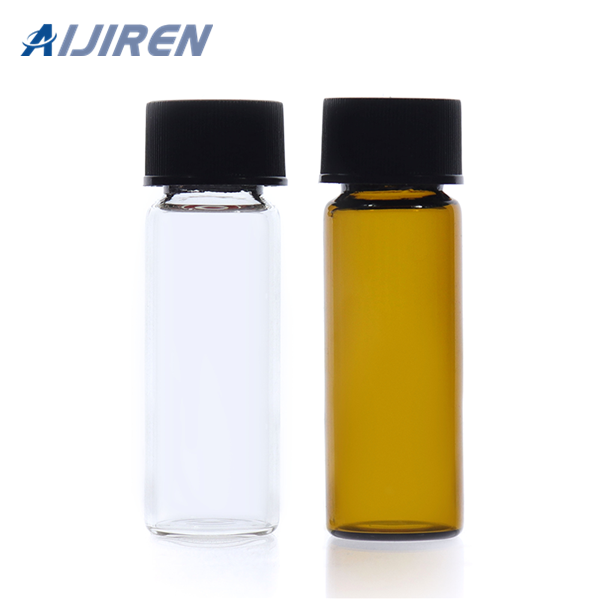
Home » News » 4ml 13mm Screw Vials » 13mm Flat Bottom Polypropylene Vial on Sale Technical Grade Plastic Vials at Thomas Scientific flat bottom for security with inserts I-D vials feature write-on patch with graduations at 0.5, 1.0, and 1.5mL Target Snap-It vials can be used with snap caps or aluminum crimp seal closures Plastic Vials
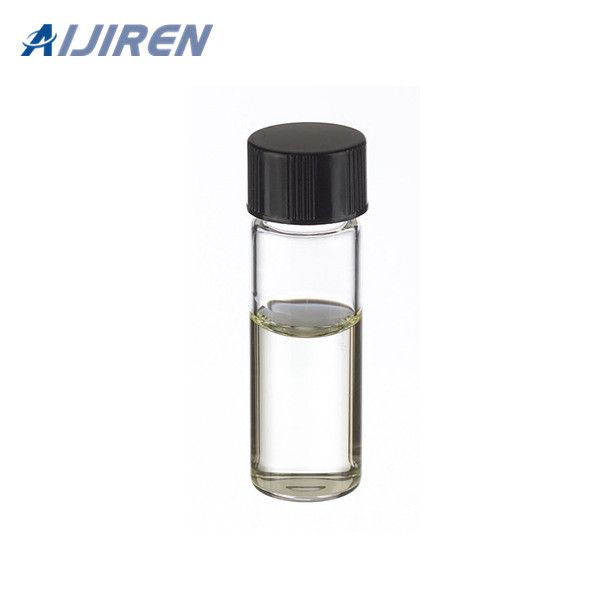
2ml clear or amber autosampler vial,12mm Diameter,32mm Height,9-425 screw top.Our vials with caps are widely used in standard HPLC and GC applications.The vials can be used on all common autosamplers due to their technical geometry, preferentially they are found on Aijiren, HTA, Shimadzu, Thermo, Varian, Waters, etc.
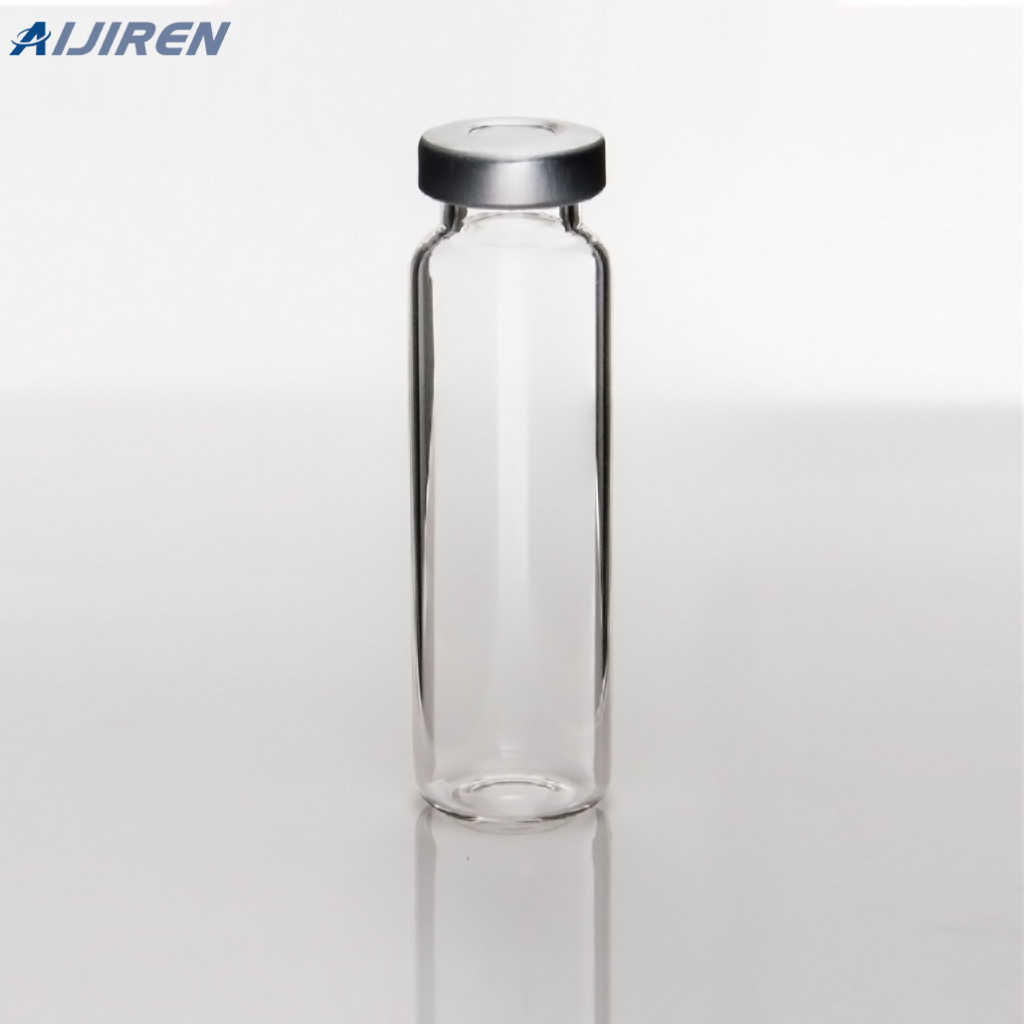
A semi-automated method for amino acid derivatization and analysis has been validated for use in analysis of protein biopharmaceuticals. The method includes protein hydrolysis, o-phthalaldehyde derivatization, and reversed-phase high-performance liquid
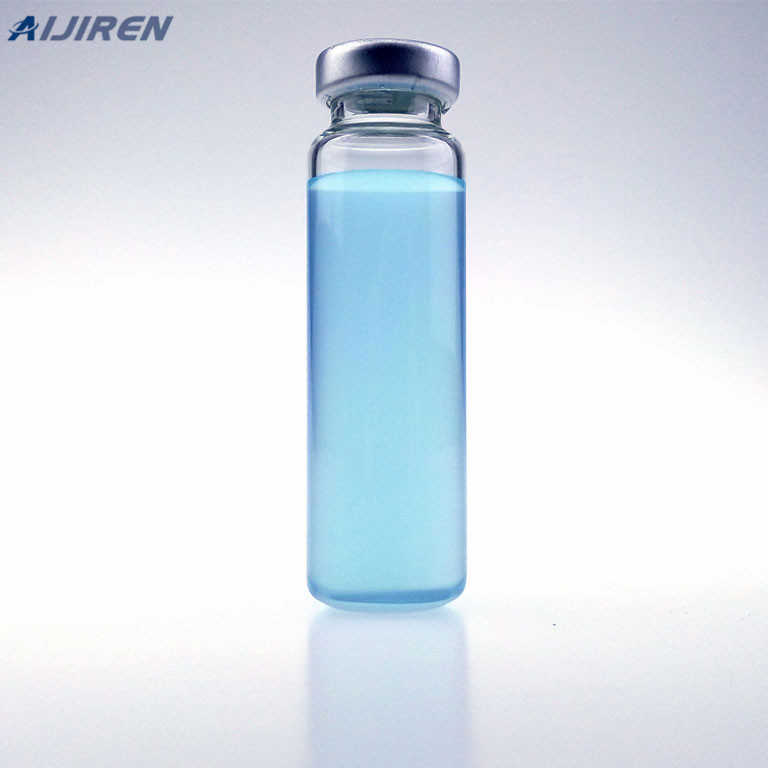
drawers, and vial- or microtiter plates. In combination with the Aijiren Infi nity Series online SPE solution, three drawers are recommended. This confi guration enables four vial plates for fi fteen 6-mL vials (60 samples), and two vial plates for fi fty-four 2-mL vials (108 samples) to be loaded into the sample hotel for standards or

Aijiren OpenLab CDS Version 2.3. Columns • Aijiren Lab Poroshell 120 EC-C18, 2.1 × 50 mm, 2.7 µm (p/n 699775-902) • Aijiren Lab Poroshell 120 EC-C18, 4.6 × 50 mm, 2.7 µm (p/n 699975-902) Chemicals All solvents were LC grade. Acetonitrile was purchased from Merck (Darmstadt, Germany). Fresh ultrapure water was
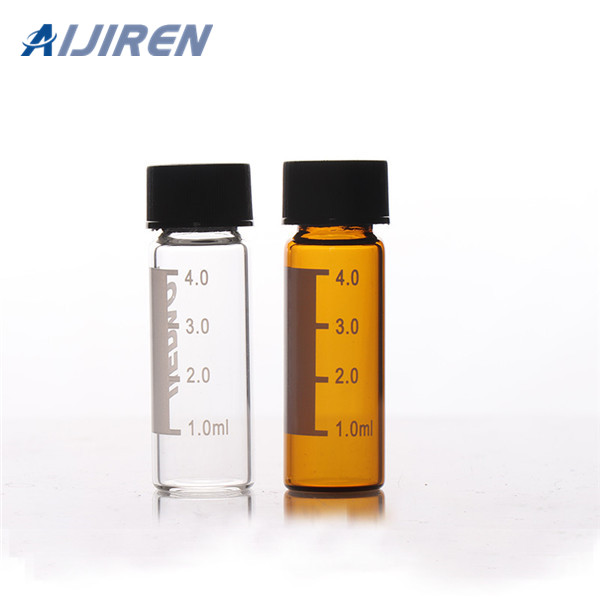
4 mL (13 mm) Vials and Packs. Enter the desired item number and quantity to obtain product availability and pricing. ×. CLEAR FILTERS.
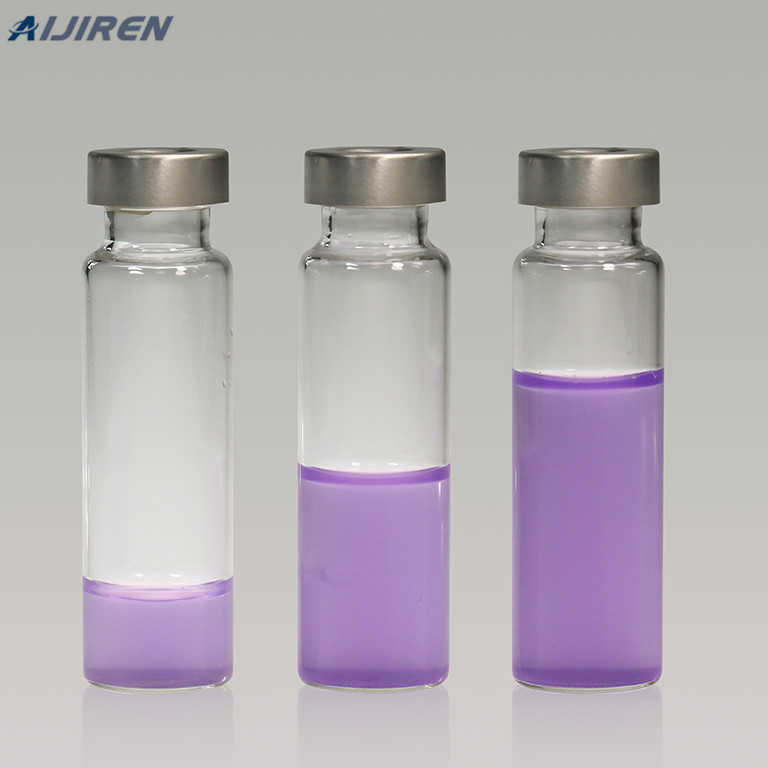
13mm Routine Glass Vial in Stock Technical Grade-Aijiren HPLC 6.16 n-Hexane HPLC grade or higher 6.17 Glass fiber filter (Cambridge Filter Pad, CFP) 44 mm or 92 mm diameter depending on requirements for smoking machine type 6.18 Autosampler amber glass vials – 2 ml with Teflon lined septa 6.19 Filter paper, qualitative (15 cm diameter, 80 g/m2)
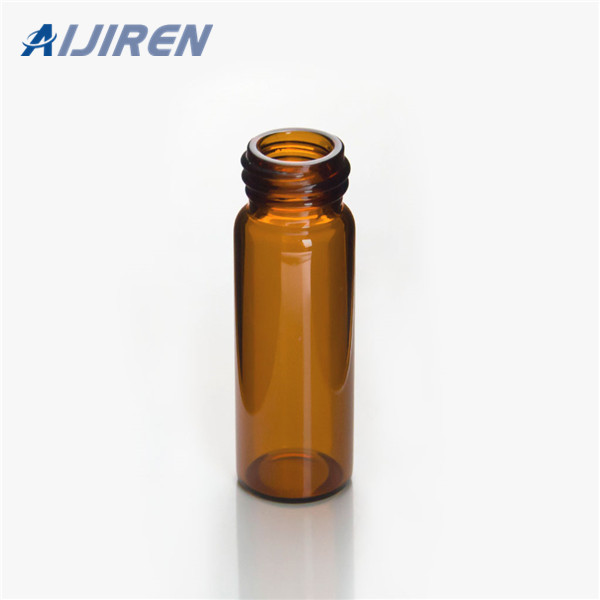
A clogged column frit is another common HPLC problem. To minimize this problem from the start, use a precolumn filter and guard column. To clean the inlet, first disconnect and reverse the column. Connect it to the pump (but not to the detector), and pump solvent through at twice the standard flow rate.
